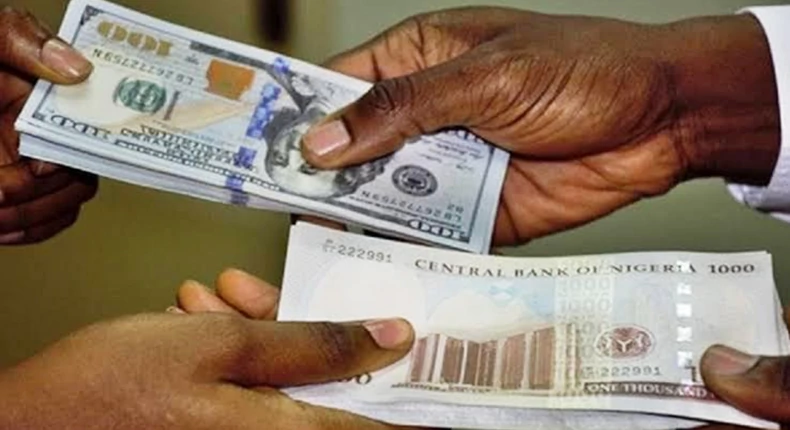

Unveiling Africa's underperforming stock markets in 2023
Amidst economic headwinds, while some African stock markets bask in the glow of success, others grapple with declining returns and heightened investor caution. As of June 2023, the following stock markets have encountered significant challenges, demanding meticulous scrutiny from investors:
- Nigeria (Down 33.6%) Nigeria’s once-thriving stock market has weathered a substantial blow, witnessing a staggering 33.6% decline in US dollar returns. The combination of currency depreciation and reliance on imports has sparked concern among investors, prompting them to reassess their positions.
- Zimbabwe (Down 30.5%) Zimbabwe’s persistent economic woes cast a somber shadow on its stock market, resulting in a sharp 30.5% decrease in US dollar returns. The nation’s currency instability and challenging economic conditions have eroded investor confidence, leaving many wary of the market’s future prospects.
- Tanzania (Down 2.8%) Tanzania’s stock market has faced headwinds, leading to a modest 2.8% decline in US dollar returns. Amidst regional economic challenges, investors remain cautious about the market’s trajectory, closely monitoring developments to inform their investment decisions.
- Rwanda, Seychelles, and Mauritius (Down 1.0%, 0.8%, 0.5%) While relatively modest, these markets have also experienced declines, mirroring broader economic uncertainties in the region. As sentinels of vigilance, investors keep a watchful eye on these markets, keen to identify potential opportunities amidst the turbulence.
Despite market challenges, select companies stand out with exceptional return on equity (ROE) and noteworthy valuation metrics, beckoning astute investors seeking potential value opportunities:
- Nestle Nigeria (Return on Equity: 161.6%) Nestle Nigeria captivates investors with a remarkable 161.6% Return on Equity, positioning it as an attractive prospect for those who prioritize solid fundamentals and growth potential.
- IHS Towers (Return on Equity: -31.7%) Conversely, IHS Towers faces an uphill battle with a negative Return on Equity, signaling underlying issues that warrant rigorous examination. Investors remain cautious, treading carefully before making any decisive moves.
Seeking Value Opportunities
For those seeking undervalued opportunities amidst the storm, the following companies may pique interest:
- Geregu Power (P/E Ratio: 73.7x) Despite a seemingly high Price-to-Earnings ratio, Geregu Power allures the savvy investor with compelling growth prospects, sparking interest in a market otherwise dimmed by uncertainty.
- Seplat Energy Plc (P/B Value Ratio: 0.62x) With a low Price-to-Book Value ratio, Seplat Energy emerges as a potential diamond in the rough, presenting an undervalued investment opportunity that intrigues discerning investors.
As markets navigate through challenging times, investors must exercise prudence, carefully weighing the risks and rewards, and seeking opportunities aligned with their investment strategies.
Article by Victor Oluwole
Head and Editor at Business Insider Africa



